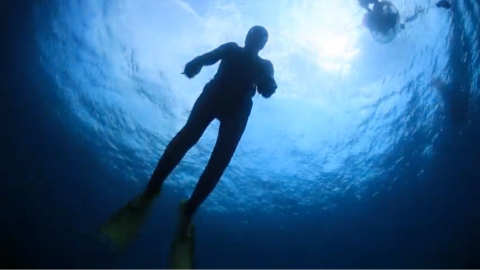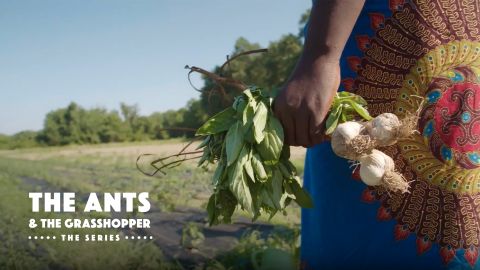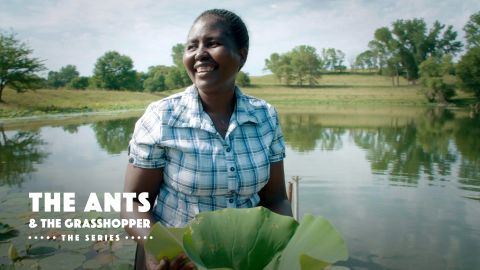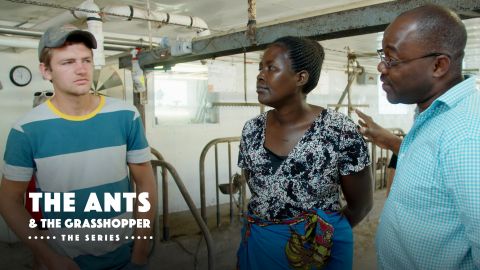
Opinion: Blame and Finger-Pointing Don’t Solve Environmental Disasters
When a Norfolk Southern train carrying hazardous materials derailed in East Palestine, a national debate was sparked over who was to blame.

When a Norfolk Southern train carrying hazardous materials derailed in East Palestine, a national debate was sparked over who was to blame.

The Haenyeo women of Jeju Island are witnessing firsthand how the climate crisis is destroying the ecosystem they depend on.

As temperatures continue to soar in the Southwest and freshwater supplies dwindle, locals are turning to Indigenous farming practices.

Black communities are responding to climate change by prioritizing small, sustainable farms and honoring ancestral traditions.

This episode invites viewers to consider the urgent need for collective accountability in safeguarding our planet.

Red Spruces are faced with droughts, cold fronts, and acid rain. What does the future look like for these important trees?

Women in Malawian communities are burdened with the vast majority of the work, and climate change is making their situation worse.

Green crabs are one of the worst invasive species, destroying seagrass, salt marshes, and shellfish populations.

This new series follows Anita Chitaya, a Malawian farmer and activist on a mission to raise awareness about climate change.

The Shinnecock Kelp Farmers are expanding their kelp hatchery and farm to counter the effects of climate change on Long Island.

In this first episode of "The Ants & the Grasshopper: The Series," activists from Malawi travel to meet with farmers in the U.S..

Drought is one of the most commonly cited impacts of climate change, leading to water shortages, crop failures, and wildfires.